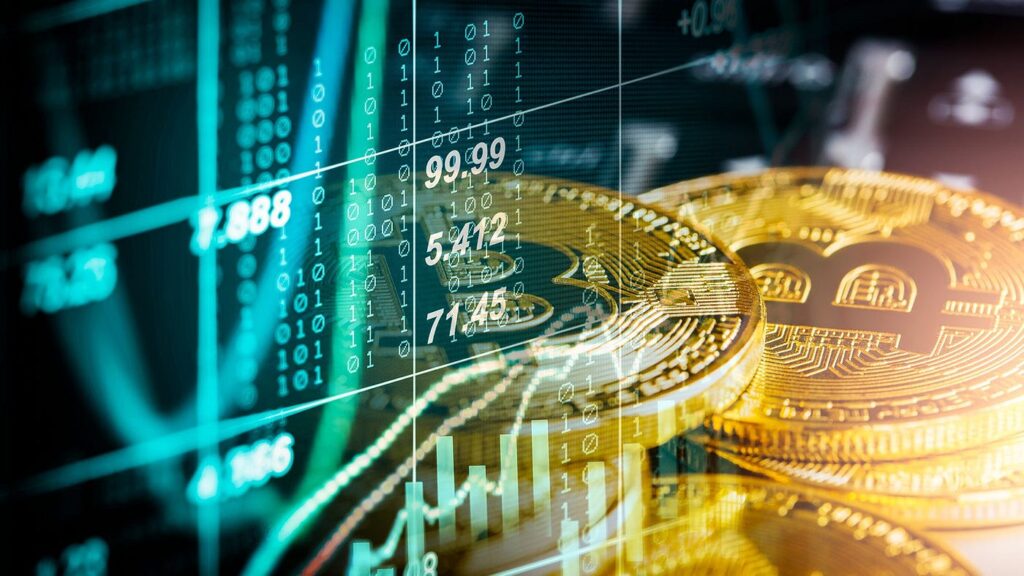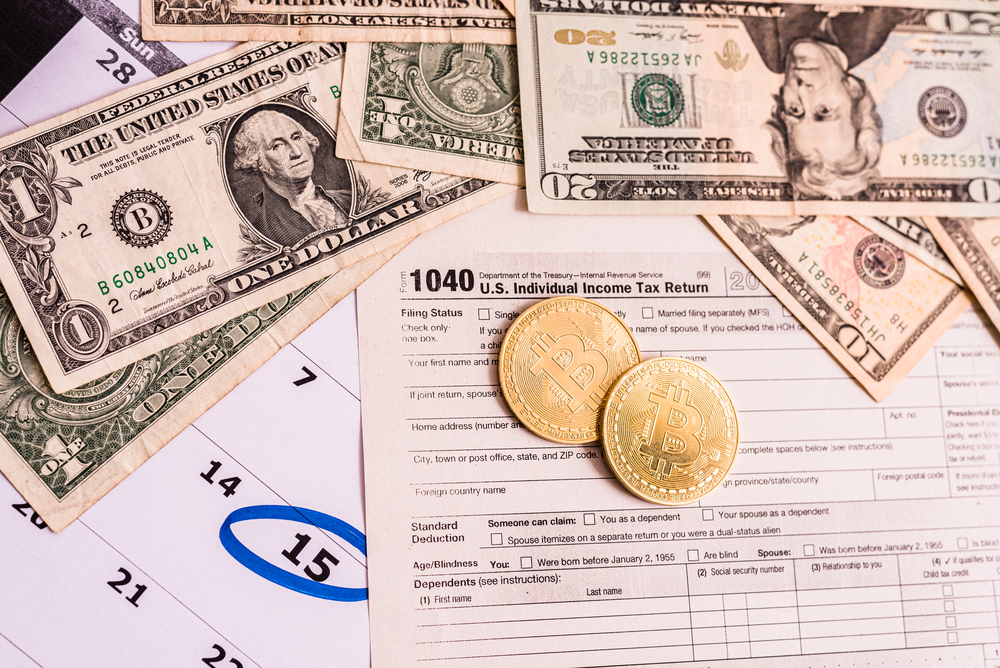The Philippines became one of the first countries in Asia to begin regulating cryptocurrency activities. Obtaining a license to run a cryptocurrency business in the Philippines has its own characteristics and requirements that need to be taken into account.
Understanding the legal framework
Before you start applying for a crypto exchange license, it is important to understand the basic laws and regulations governing cryptocurrency activities in the Philippines. The main regulatory body is the Central Bank of the Philippines (BSP), which has issued a number of regulations related to cryptocurrency exchanges and other virtual asset operators.
In particular, companies wishing to provide cryptocurrency services must comply with all the requirements set by BSP. This includes registering as a virtual asset service provider (VASP) and complying with anti-money laundering (AML) and Terrorist financing (CTF) regulations.
Requirements for obtaining a license
To obtain a license for cryptocurrency activities in the Philippines, a company must meet a number of requirements. Here are the main ones:
- Company registration. The company must be registered in the Philippines in accordance with local laws.
- Capital. The company must have a minimum share capital set by the regulatory body. It depends on the type of license and the type of activity.
- Compliance with KYC and AML requirements. The Company is required to implement customer verification (KYC) and anti-money laundering (AML) procedures.
- Financial statements. It is necessary to keep transparent financial statements and provide them to regulatory authorities.
Companies that do not comply with these requirements risk losing their license and incur fines.

Stages of obtaining a license
The process of obtaining a license for cryptocurrency activities in the Philippines can be divided into several stages:
- The preparatory stage. It includes the collection of all necessary documents and registration forms.
- Company registration. The company must be registered as a legal entity in the Philippines.
- Submitting an application to BSP. All documents and registration forms must be submitted to the Central Bank of the Philippines for review.
- Verification and evaluation. The regulatory body checks the company for compliance with all requirements.
- Issuing a license. If the company meets all the requirements, it is granted a license for cryptocurrency activities.
Each stage requires careful preparation and compliance with all regulatory requirements. The process can take from several months to a year, depending on the complexity and availability of the documents.
Advantages of working in the Philippines
The Philippines offers a number of advantages for cryptocurrency companies. Here are some of them:
- Access to the Asian market. The Philippines is located in the heart of Southeast Asia, which makes it an ideal platform to enter this regional market.
- Progressive legislation. The country actively supports the development of blockchain technologies and cryptocurrencies, creating favorable conditions for doing business.
- Availability of a license. A license for cryptocurrency activities in the Philippines increases the trust of customers and partners, as well as simplifies access to international markets.
However, in order to operate in the Philippines, companies must comply with all established requirements and laws in order to avoid problems with regulatory authorities.
Obtaining a license for cryptocurrency activities in the Philippines is a difficult but important step for companies that want to develop their business in this direction. Compliance with all requirements and regulations established by the Central Bank of the Philippines ensures legal and safe operation in the market.

